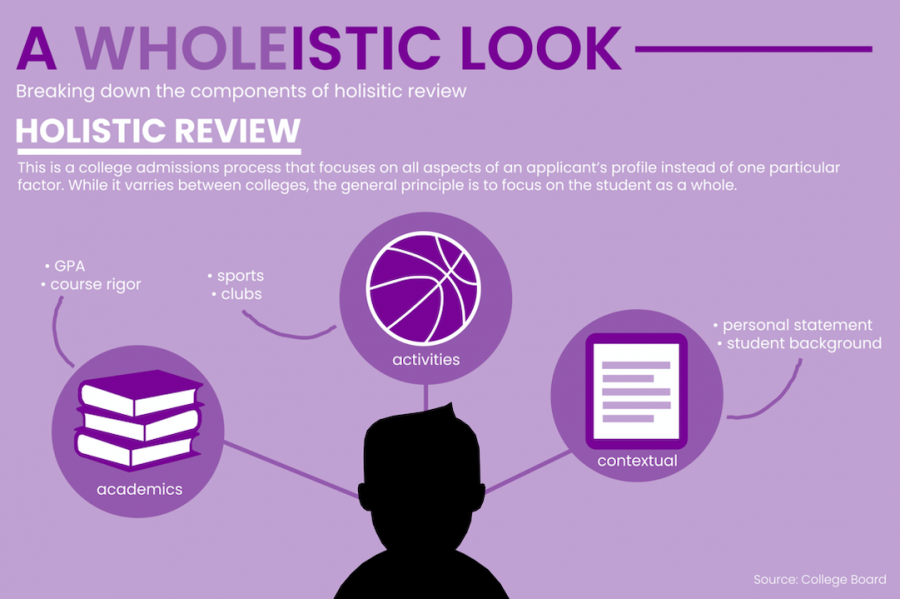Colleges should continue using the test-optional model for applications
Even after the COVID-19 Pandemic colleges should should keep the test-optional model for applications
October 22, 2020

Colleges have always used the ACT and/or SAT to evaluate potential new students, but COVID-19 has changed that. Many people have been debating for years on whether these tests really show an accurate representation of the student. Colleges should stay test-optional because the application process will be more fair, students will be under less stress and students will still have the option to submit the test scores if they choose to.
Due to COVID-19, according to Fair Test, over 700 colleges are going test-optional. As a result, colleges are looking at other aspects of the application like the students’ experiences, attributes and academic level through a process known as the holistic review.
Going test-optional is a good thing because people who aren’t good test-takers can focus on showing other aspects of themselves through extracurriculars and essays. If college admissions are just focused on test grades they won’t see the students’ other strengths and weaknesses. Again, focusing more on extracurriculars and essays helps admissions learn more about the student’s experiences and attributes and colleges can look past just the stats.
A lot of people also struggle with paying for the ACT/SAT so having a more holistic review would make everything more fair. The ongoing debate about whether the ACT/SAT requirement is fair or not mostly stems from the fact that preparing for and taking standardized tests is an expensive process for some. For example, preparatory courses and hiring a tutor could cost up to $100 per hour, according to Tutors.com. If one student can pay for study tools, a tutor and takes the test multiple times, they have a better chance of scoring higher than someone who studies a couple of books by themselves, and can only take the test once.
I believe that since many people know that people with less money do worse on the ACT/SAT colleges shouldn’t put so much weight on them. Students should not be penalized for not being able to afford expensive preparatory materials since this defeats the purpose of standardized test scores.
There are also test-flexible colleges that allow students to submit other test scores in place of ACT/SAT scores. For example, one can submit SAT Subject Tests, an IB exam or AP test. Test-flexible colleges are a good idea because colleges are still getting some test scores, but it doesn’t have to be the ACT/SAT. Students should be able to submit other test scores so that they can showcase their strengths.
A standardized test score can only get you so far in life before people make choices about their careers. Students have other strengths than just a test score that could help them achieve life goals. Colleges going test-optional or test-flexible solves money problems, allows students to be seen for more than just statistics and helps them build skills for the future.










